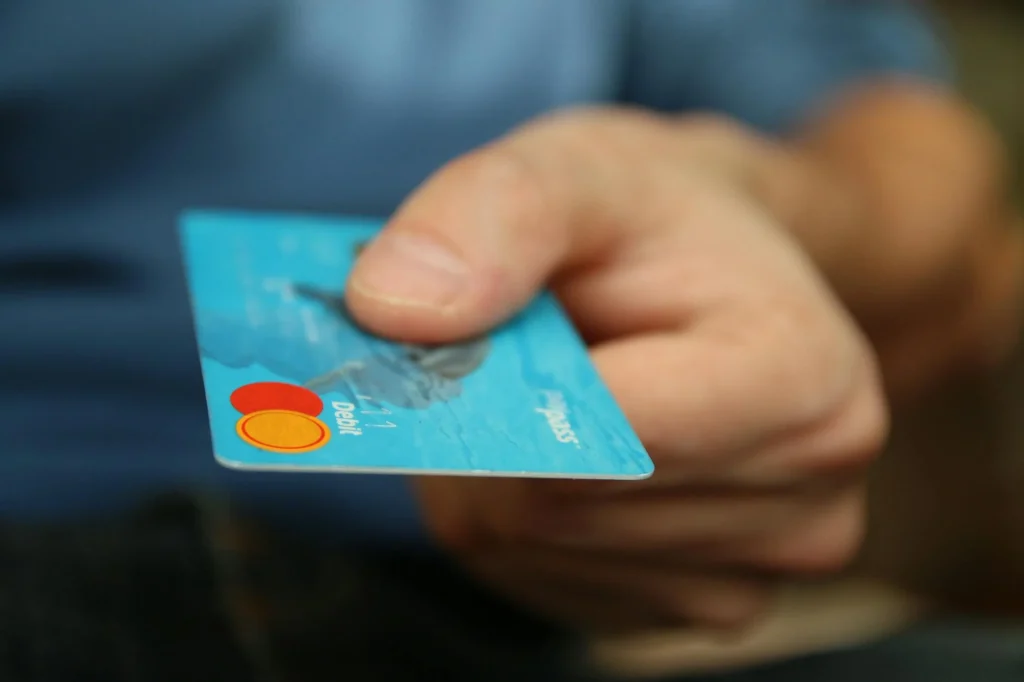
Everyone has habits that influence their use of money. Pinpointing your own spending triggers is vital for gaining control over your budget and financial future. These triggers can be subtle, like a mood shift, or obvious, like a big sale sign. Without awareness, you might find yourself making purchases that don’t align with your goals. By asking the right questions about spending triggers, you can identify patterns, avoid regretful purchases, and cultivate healthier money habits. It’s not about guilt—just honest self-reflection to help you make better choices.
1. What Moods Lead Me to Spend?
Emotions are powerful spending triggers. Are you more likely to shop when you’re bored, stressed, or even celebrating? Recognizing the feelings that prompt you to open your wallet can help you pause before making impulse purchases. Try tracking your mood when you spend to spot patterns over time. This awareness can be the first step in breaking the emotional-spending cycle.
2. Do Certain Places Make Me Spend More?
Where you are can influence your spending triggers. For some, it’s a favorite store; for others, it’s online shopping while lounging at home. Consider your physical and digital surroundings. If you notice you spend more in certain spots, consider changing your routine or limiting your exposure to those places.
3. Who Am I With When I Overspend?
Social settings often lead to unexpected purchases. Friends, family, or coworkers can all play a role in your spending triggers. Maybe you feel pressure to keep up or just enjoy treating others. Being aware of who influences your spending lets you set boundaries or plan ahead so you don’t blow your budget.
4. Are Sales and Discounts a Weakness?
Flash sales and coupons can be strong spending triggers. Ask yourself if you buy things just because they’re on sale—even if you don’t need them. Marketers design deals to create urgency. Next time you see a “limited time offer,” pause and consider if the item truly fits your needs or if you’re just reacting to a perceived bargain.
5. Do I Shop to Reward Myself?
Many people use shopping as a reward after a tough day or a big accomplishment. This can become a spending trigger that derails your long-term goals. Instead of shopping, try other forms of self-care, like a walk or time with friends. You’ll still get a reward without the financial hangover.
6. What Times of Day Do I Spend Most?
Timing matters. Are your spending triggers stronger in the evening or late at night? Maybe you shop online after work or during lunch breaks. Pinpointing when you’re most vulnerable helps you plan distractions or set limits, like leaving your wallet in another room or logging off shopping sites at certain times.
7. How Does Advertising Affect Me?
Targeted ads and influencer posts are designed to trigger spending. Reflect on how marketing messages make you feel and act. Do you add things to your cart after scrolling social media? Being mindful of advertising’s effect can help you pause and make more deliberate decisions.
8. Do I Spend More When I’m With Certain People?
Peer influence is a classic spending trigger. Notice if you’re more likely to splurge with specific friends or relatives. Maybe group outings lead to bigger bills, or you feel compelled to match others’ purchases. Acknowledging this can help you plan ahead, set spending limits, or suggest less expensive activities.
9. Are Specific Events or Holidays Spending Triggers?
Special occasions—birthdays, holidays, even weddings—often lead to overspending. These events can trigger emotional and social pressures to buy gifts, decorations, or new outfits. Anticipate these times and set a realistic budget in advance. This way, you can celebrate without regret.
10. Do I Shop as a Distraction?
Shopping to avoid boredom or uncomfortable tasks is a common spending trigger. If you find yourself browsing stores or websites when you’re procrastinating, try replacing that urge with a productive or relaxing activity. Even a short walk or reading a book can help break the habit.
11. How Does My Financial Situation Influence My Spending?
Your current financial status can serve as a spending trigger. Sometimes, a windfall or bonus leads to splurges. Other times, stress about money prompts “treat yourself” purchases. Being honest about how your financial picture affects your choices helps you stay on track with your long-term goals.
12. Do I Have FOMO (Fear of Missing Out)?
FOMO is a powerful spending trigger, especially in the age of social media. Seeing others’ vacations or new gadgets can spark the urge to spend. Remind yourself that you’re only seeing highlights and that mindful spending supports your unique priorities.
13. Am I Trying to Impress Others?
The desire to impress can drive spending triggers, whether it’s through clothing, gadgets, or dinners out. Reflect on whether your purchases are truly for you or to gain approval. Focusing on your own values can help you resist this urge and spend more intentionally.
Taking Control of Your Spending Triggers
Understanding your spending triggers is key to building better money habits. By regularly asking these questions, you’ll spot patterns and learn to pause before making purchases. This process isn’t about deprivation—it’s about making thoughtful choices that support your financial goals.
What spending triggers have you noticed in your own life? Share your thoughts in the comments below!
What to Read Next…
- Are These 7 Little Expenses Quietly Costing You Thousands a Year?
- 7 Tactics Grocery Stores Use to Keep You from Thinking About Price
- Are These 6 Helpful Budget Tips Actually Ruining Your Finances?
- 10 Signs You’re Living Above Your Means Without Realizing
- 5 Budgeting Tools That Trick You Into Higher Spending
The post 13 Vital Questions to Ask About Your Own Spending Triggers appeared first on The Free Financial Advisor.







